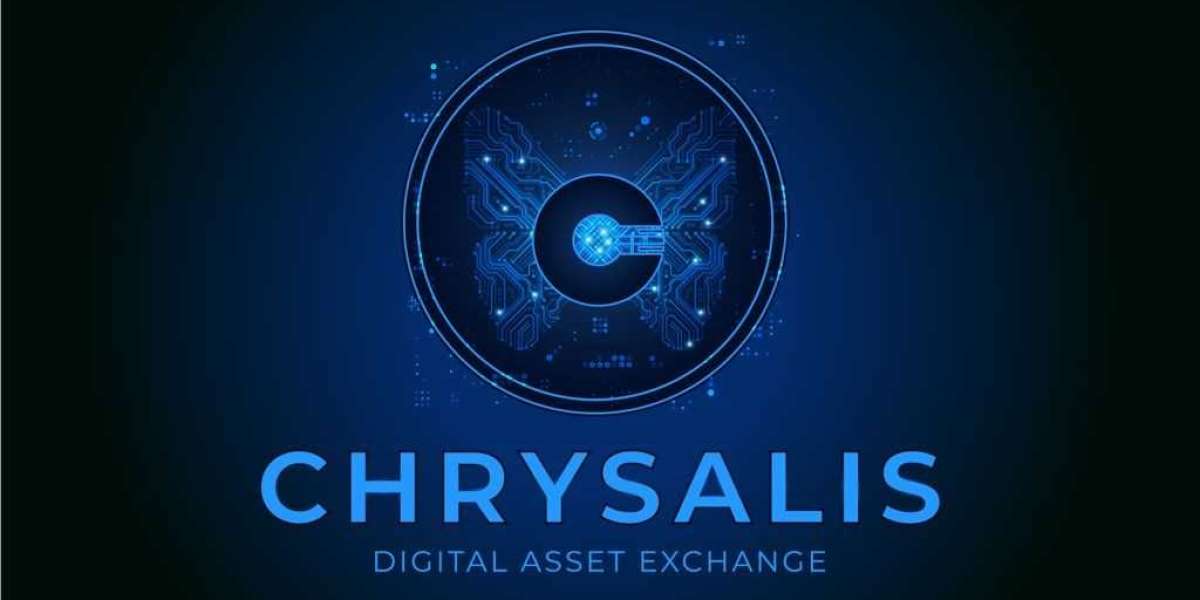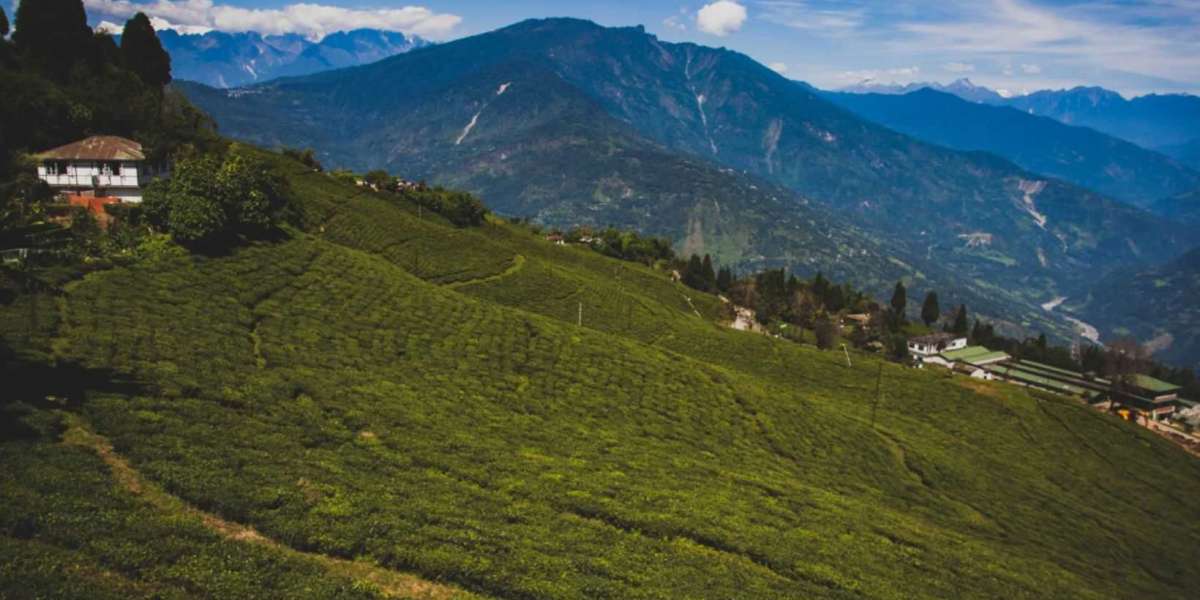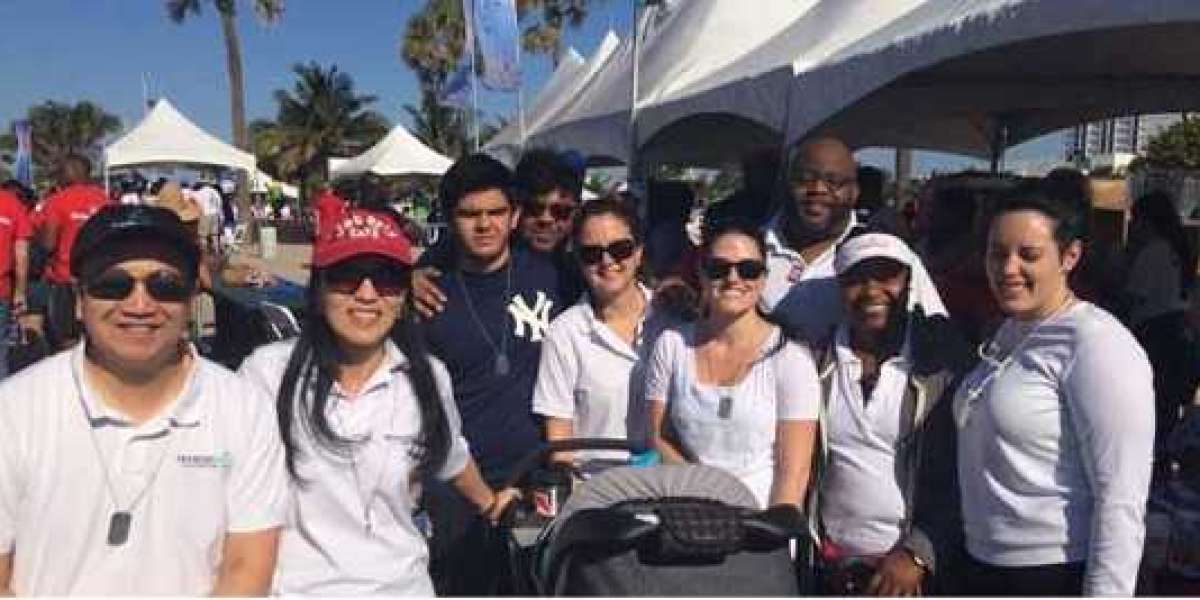n the face of climate change, population growth, and dwindling natural resources, sustainable farming has become a critical priority for the global agricultural industry. Traditional farming methods are often inefficient and resource-intensive, leading to environmental degradation and food insecurity. At the same time, farmers face significant challenges in accessing capital and participating in global markets.
One innovative solution that has emerged is the introduction of agriculture-backed RWAs (Real-World Assets) on the Chrysalis platform. By leveraging blockchain technology, Chrysalis is tokenizing agricultural assets like crops, livestock, and farmland, enabling farmers to raise capital, access global markets, and adopt sustainable farming practices.
In this article, we’ll explore why agriculture-backed RWAs on Chrysalis could be the key to sustainable farming, improving financial access for farmers while promoting environmentally responsible agricultural practices.
What Are Agriculture-Backed RWAs and How Do They Work?
Agriculture-backed RWAs represent physical agricultural assets—such as a ton of wheat, a plot of farmland, or a herd of cattle—that have been digitized and converted into digital tokens on the blockchain. These tokens are tradeable, and their value is directly tied to the underlying real-world asset. For example, a token backed by a hectare of farmland could be bought and sold, with its value fluctuating based on the market price of the land.
Through Chrysalis, these digital tokens are issued on a decentralized platform, allowing farmers to raise funds by selling or trading tokens backed by their crops or farmland. Investors can purchase these tokens, providing farmers with immediate capital while offering the investor a stake in the agricultural sector. This system opens new doors for financing and creates a transparent, efficient, and sustainable market for agricultural commodities.
1. Increasing Financial Access for Small-Scale Farmers
One of the primary benefits of agriculture-backed RWAs is their potential to increase financial access for farmers, especially small-scale and independent farmers. Traditional agricultural financing often involves complex loan structures, high-interest rates, and an extensive approval process, making it difficult for smaller farmers to secure capital.
With Chrysalis agriculture-backed RWAs, farmers can tokenize their assets, allowing them to raise funds by selling tokens backed by their future harvests or livestock. This tokenization process eliminates the need for banks or intermediaries, connecting farmers directly with global investors who are willing to fund their agricultural activities.
By bypassing traditional financial systems, farmers gain faster access to capital, allowing them to invest in sustainable farming practices, purchase better equipment, and improve their crop yields. In addition, the fractional ownership of tokenized assets makes it easier for smaller farmers to participate in the global market without needing to trade large quantities of physical commodities.
2. Encouraging Sustainable Farming Practices
As consumers and governments demand more sustainable agricultural practices, Chrysalis agriculture-backed RWAs can play a pivotal role in promoting environmentally responsible farming. By linking digital tokens to agricultural assets, Chrysalis enables a system of accountability and transparency that encourages sustainable practices.
Farmers who adopt sustainable techniques—such as organic farming, crop rotation, or water conservation—can tokenize their operations and market their produce as eco-friendly or sustainably sourced. The blockchain-based nature of Chrysalis ensures that consumers and investors can trace the origins of these products and verify their sustainability claims.
Furthermore, farmers using sustainable practices may be able to attract a premium market by offering tokens representing crops or livestock produced in environmentally friendly ways. Chrysalis thus incentivizes farmers to adopt and maintain sustainable practices, rewarding them with greater access to capital and higher market prices for their eco-friendly produce.
3. Enhancing Transparency and Traceability in the Food Supply Chain
One of the main challenges in the agricultural industry is the lack of transparency and traceability in the supply chain. Consumers often have little visibility into where their food comes from or how it is produced, which can lead to concerns over food safety, sustainability, and fair trade practices.
By tokenizing agricultural assets, Chrysalis creates a blockchain-based record of every stage of the production process, from the planting of seeds to the delivery of harvested crops. This decentralized ledger is immutable, meaning every transaction and event related to the agricultural asset is recorded and cannot be altered or erased.
This level of traceability ensures that consumers can trace their food back to its source, giving them confidence in the sustainability and ethical sourcing of the products they buy. For farmers, this transparency provides a mechanism to demonstrate compliance with sustainability standards and attract consumers who value ethically produced goods.
In addition, the transparency offered by Chrysalis RWAs can help eliminate issues like fraud, counterfeit goods, and exploitative practices in the agricultural sector, benefiting both farmers and consumers.
4. Lowering Transaction Costs and Improving Efficiency
Traditional agricultural transactions often involve numerous intermediaries, including brokers, banks, and other third parties. These intermediaries can increase transaction costs and slow down the process, making it more difficult for farmers to realize immediate profits from their crops or livestock sales.
Chrysalis RWAs eliminate the need for intermediaries by enabling peer-to-peer transactions through the use of smart contracts. These automated contracts execute transactions immediately once predefined conditions are met, such as the delivery of a harvest or the verification of a product’s quality.
The use of smart contracts not only reduces transaction fees but also shortens the time it takes for farmers to receive payments. This increase in efficiency allows farmers to reinvest in their operations more quickly, supporting the growth of their farms and enabling them to adopt more sustainable practices.
5. Creating a Global Market for Sustainable Agriculture
The tokenization of agricultural assets on Chrysalis enables farmers to access global markets for their products. This is especially important for small-scale and independent farmers who may have limited access to international buyers due to geographic constraints or lack of infrastructure.
By selling agriculture-backed tokens on decentralized exchanges, farmers can connect with global investors and buyers, significantly expanding their market reach. Investors from around the world can now participate in the agricultural sector without needing to manage or transport physical assets, making it easier to invest in sustainable farming initiatives.
For farmers, this access to a global marketplace ensures that they can achieve fair market prices for their produce, avoiding exploitation by middlemen or local market dynamics. The liquidity provided by blockchain technology allows farmers to trade their assets more freely, creating a dynamic and efficient market for sustainably produced agricultural goods.
The Future of Sustainable Farming with Chrysalis Agriculture-Backed RWAs
As the world shifts towards more sustainable and environmentally conscious agricultural practices, the role of blockchain technology in enabling this transition will become increasingly important. Chrysalis agriculture-backed RWAs offer a promising solution by providing farmers with the tools they need to finance their operations, access global markets, and adopt sustainable farming practices.
By tokenizing real-world agricultural assets, Chrysalis not only improves financial access and efficiency in the agricultural sector but also ensures that the future of farming is both transparent and sustainable. As more farmers and investors embrace blockchain technology, we can expect to see a more resilient and equitable agricultural industry that is better equipped to meet the challenges of the 21st century.
Conclusion
The introduction of agriculture-backed RWAs on Chrysalis is a game-changer for sustainable farming. By leveraging blockchain technology to tokenize agricultural assets, Chrysalis is providing farmers with unprecedented access to capital, global markets, and the tools needed to adopt environmentally responsible farming practices. As the world grapples with food security and sustainability challenges, platforms like Chrysalis are leading the way toward a more efficient, transparent, and sustainable agricultural future.








